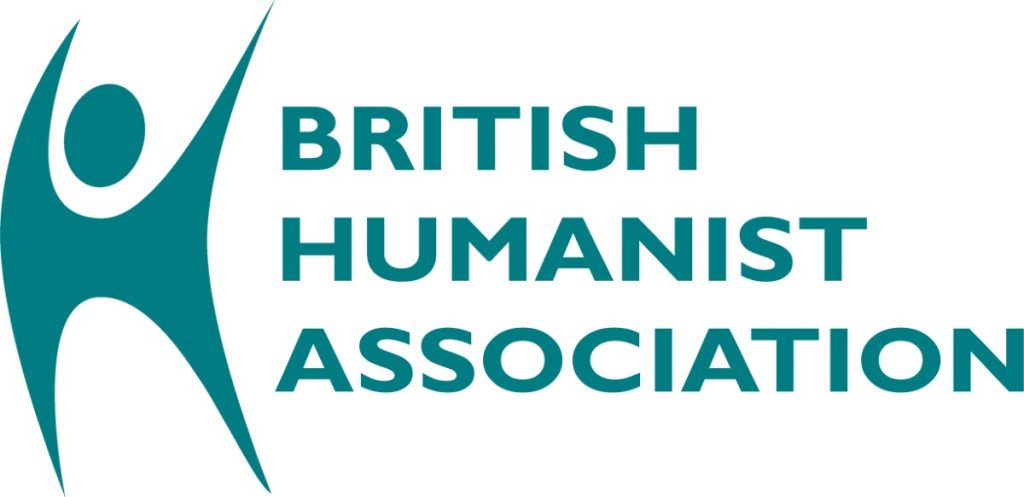BHA: More divisive ‘faith’ schools on the way as Government rejects amendments
The third day of the Education Bill’s Report Stage took place yesterday, with peers debating the continued proliferation of state-funded ‘faith’ schools, in particular changes in the Bill to make Voluntary Aided schools – the most extreme type of state-maintained school – easier to set up.
The British Humanist Association (BHA) briefed peers ahead of the debate, having worked with All Party Parliamentary Humanist Group (APPHG) Secretary Baroness Massey of Darwen to table amendments to the Bill to reverse this change.
In support of the amendments, Baroness Massey expressed her concern that these ‘measures proposed by the Bill may further fragment education on the basis of religion or belief.’ However, Schools Minister Lord Hill opposed the amendment, and it was not brought to vote.
BHA Faith Schools Campaigner Richy Thompson commented, ‘Once the Education Bill has passed into law, we now expect there to be even more ‘faith’ schools opening than ever before, and of the most discriminatory and divisive varieties. Where the Church of England or Catholic Church can get support from the local authority for their establishing a Voluntary Aided school, this will be an extremely easy route for them to take, more attractive than in the past, and allowing them to fully discriminate in admissions (which is limited to 50% for Free Schools). Meanwhile, minority and fringe religious groups will continue to pursue Free Schools, enabling them to open schools even without local authority support – something that previously would have been an insurmountable barrier.
‘We believe that all children should be educated together, regardless of the religion or belief of their parents, so that they grow up knowing one another and knowing about religions other than their own. It is only through ending state-funded ‘faith’ schools’ ability to discriminate in admissions and teach narrow, proselytising RE that we can ensure an equal, more harmonious education system.’
Notes
For further comment or information, please contact Richy Thompson on 020 7462 4993.
Read the BHA’s briefing for the Lords Committee Stage of the Education Bill.
Read the Education Bill Report (3rd Day) Lords Hansard, 27 October 2011.
In support of the amendments, Baroness Massey expressed her concern that these ‘measures proposed by the Bill may further fragment education on the basis of religion or belief… Almost all voluntary-aided schools – 99 per cent of them – are ‘faith’ schools. Admissions are determined by the school, which can discriminate against all pupils on religious grounds. In voluntary-controlled schools, local authorities set admissions and only about a quarter of local authorities have chosen to allow some or all of their voluntary-controlled schools to discriminate religiously, either in whole or in part… Such a school can use a religious test in appointing, remunerating or promoting all teachers, and even some non-teaching staff. In voluntary-controlled and foundation schools, this is only one-fifth of the teachers. The religious organisation sets the religious education curriculum in accordance with the tenets of the faith of such a school. In voluntary-controlled and foundation schools, the locally agreed syllabus is usually taught, which is not confessional to a particular faith.’
Schools Minister Lord Hill, in rejecting the amendment, said that the changes ‘remove the requirement to seek the Secretary of State's consent in certain situations where consent has invariably been given in the past… The requirement in this situation for proposals to have the Secretary of State's consent was not intended as a safeguard against unsuitable proposals.’ However, this is demonstrably not the case, as when the requirement was first introduced, then-Schools Minister Jacqui Smith said that, ‘if proposals could be made without the consent of the Secretary of State, a local authority could avoid a competition by entering into a private arrangement to support the proposals of a particular provider, denying others the opportunity to have their proposals considered. That would not be in line with the intention behind the proposed programme: to open up and diversify the education system and give new providers opportunities to make a contribution.’
In addition to providing its own briefing, the BHA also supported the briefing of the Accord Coalition in support of APPHG Vice Chair Baroness Flather’s amendment on inspection of community cohesion. Flather’s amendment garnered cross-party support, and only narrowly lost when put to a vote.
Read more about the BHA’s campaigns work on ‘faith’ schools. The BHA has produced a table describing the types of ‘faith’ school and explaining their privileges and exemptions.
The British Humanist Association is the national charity working on behalf of ethically concerned, non-religious people in the UK. It is the largest organisation in the UK campaigning for an end to religious privilege and to discrimination based on religion or belief, and for a secular state.





-01.png)